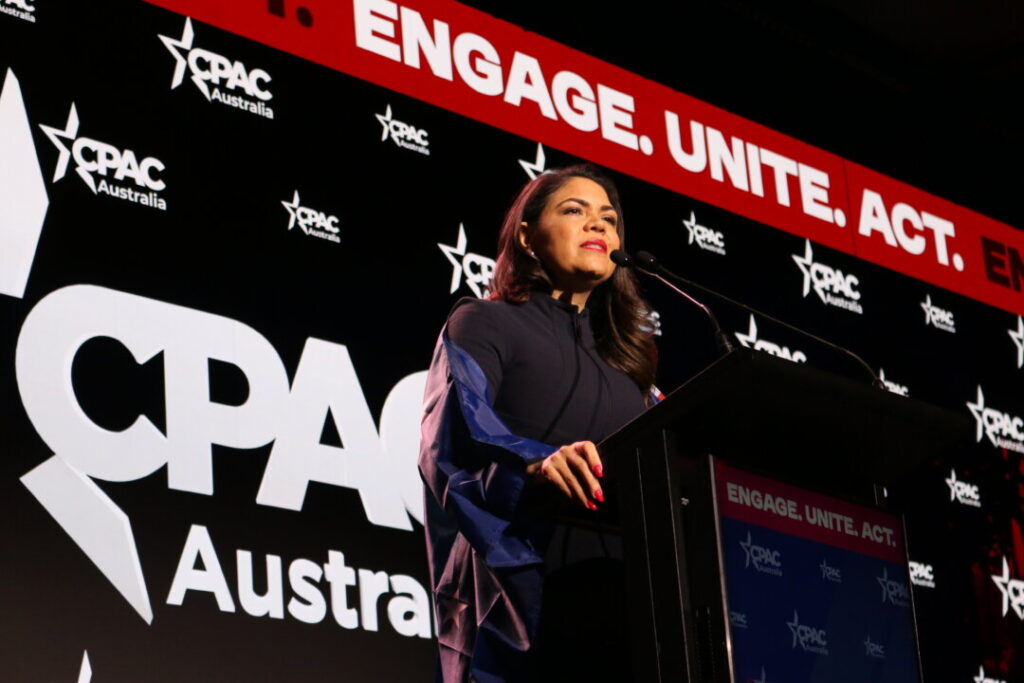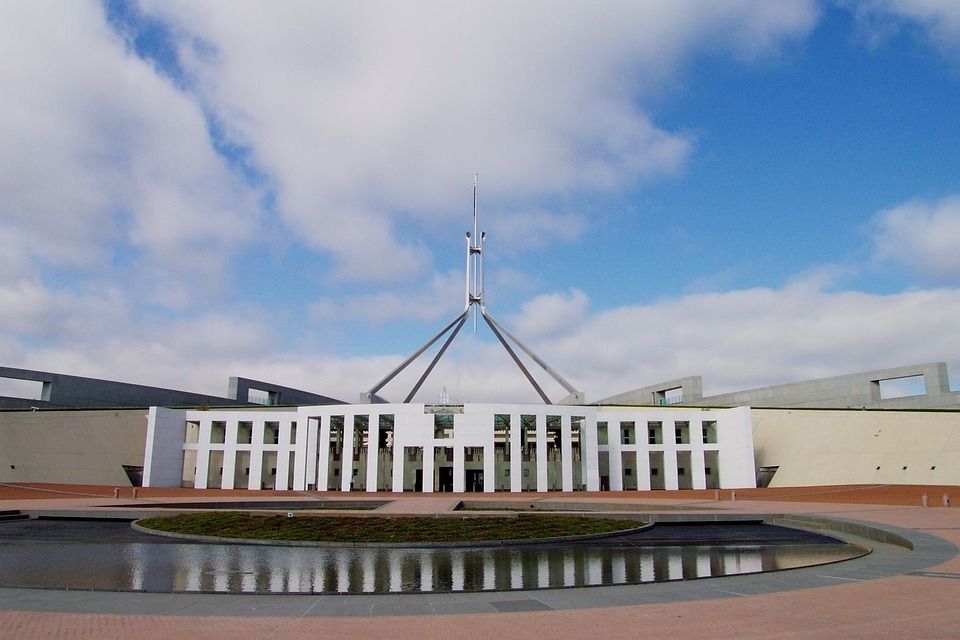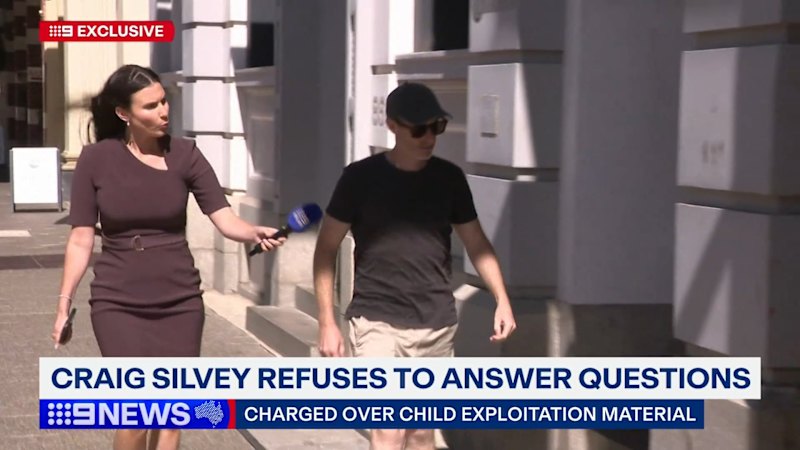
The Conservative Political Action Conference (CPAC) Australia took place in Brisbane, drawing attention just months after the Liberal-National Coalition’s significant election defeat. The event, which is the largest of its kind in the country, provided a platform for discussions on pivotal issues affecting the future of conservative politics in Australia. Prominent figures within the conservative movement addressed topics ranging from internal party divisions to broader societal debates.
One of the major themes at CPAC was the ongoing internal strife within the centre-right Liberal Party. Attendees expressed concerns about how these divisions could impact the party’s ability to unite and present a cohesive front in future elections. This dialogue is particularly relevant given the recent electoral challenges faced by the Liberal-National Coalition, which lost power in the May 2022 federal election.
Another significant discussion centered around Australia’s immigration policy. As the nation grapples with rising costs and economic pressures, speakers highlighted the need for a balanced approach to immigration that aligns with national interests. The debate stressed the importance of ensuring that immigration policy complements the broader economic landscape while also addressing social cohesion.
The cost of achieving net zero emissions was also a prominent topic. With global climate change initiatives gaining traction, the conference featured debates on how Australia can realistically meet its climate targets without compromising economic stability. Participants underscored the need for practical solutions that consider both environmental goals and the economic realities faced by many Australians.
Conservative commentator Charlie Kirk was a notable figure within the discussions, though his recent assassination has sent shockwaves through the conservative community. Kirk’s influence on conservative thought and strategy was evident in the conversations at CPAC, where his legacy was honored amidst calls for unity in the face of adversity.
Former Prime Minister Scott Morrison and other conservative leaders emphasized the importance of rallying around traditional and conservative values. They urged attendees to focus on grassroots efforts to rebuild the party’s image and engage with the electorate more effectively. This call to action highlighted the need for renewed energy and commitment to the principles that have historically defined the Liberal Party.
As the conference concluded, many participants left with a sense of urgency regarding the future of conservatism in Australia. The discussions at CPAC served not only as a reflection of current challenges but also as a roadmap for the path forward. Attendees recognized that while the road ahead may be fraught with obstacles, a united and proactive approach could help restore the party’s standing in the political landscape.
In summary, CPAC Australia provided a crucial forum for addressing key issues facing the conservative movement. With internal party dynamics, immigration policy, and climate goals dominating the agenda, the conference underscored the ongoing evolution of conservative politics in the country. As the Liberal Party seeks to redefine its identity, the insights gained from CPAC will likely shape its strategies in the years to come.







